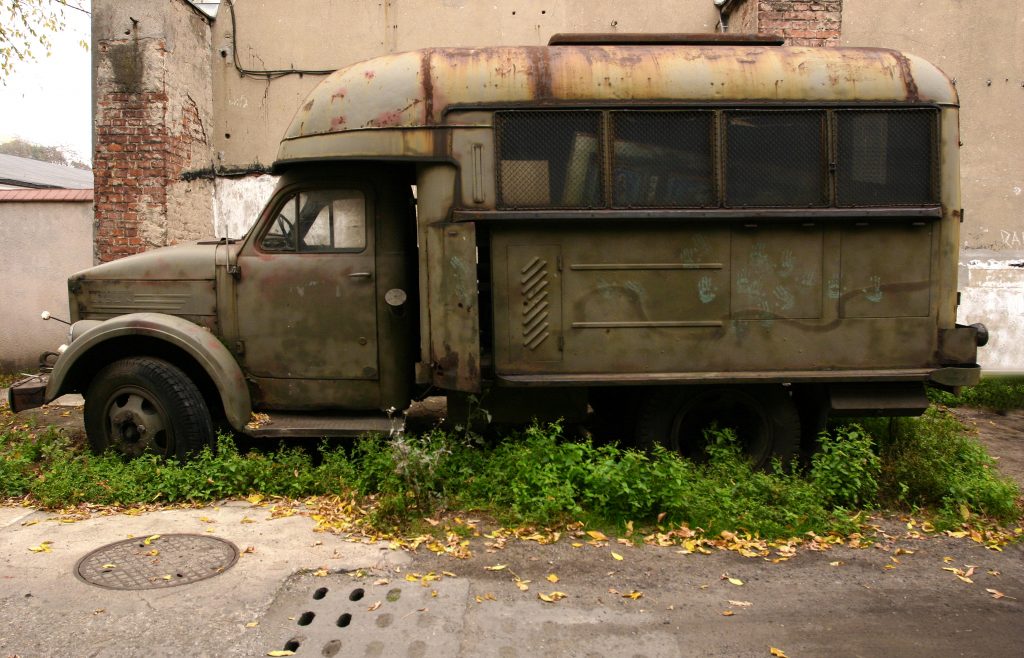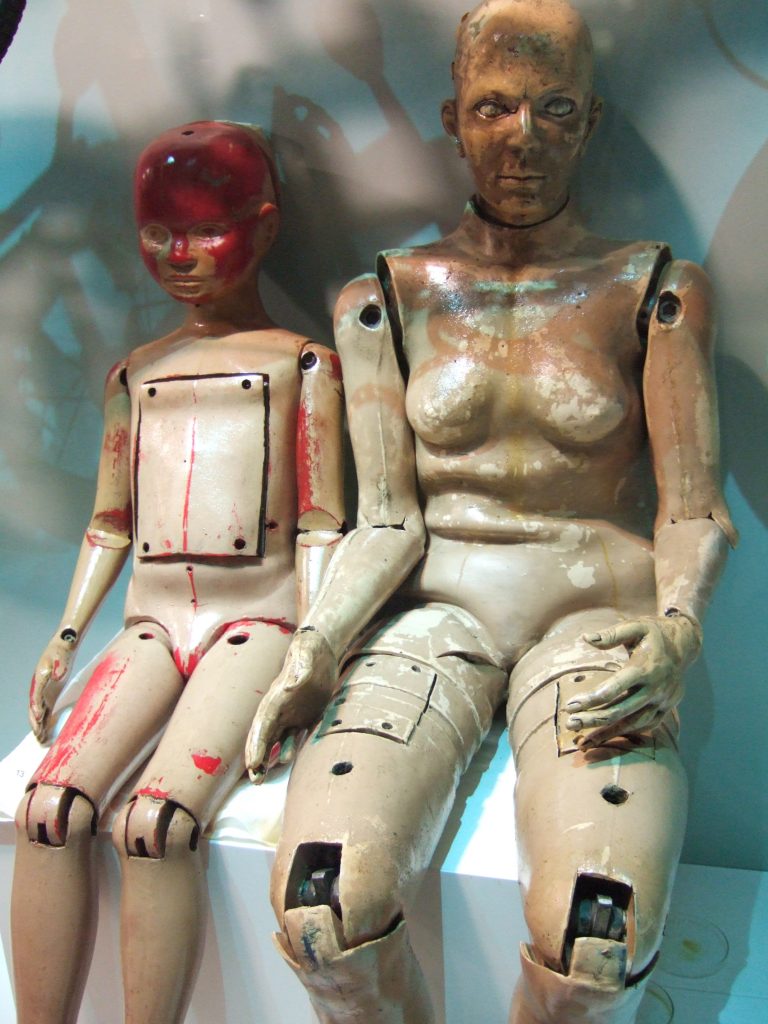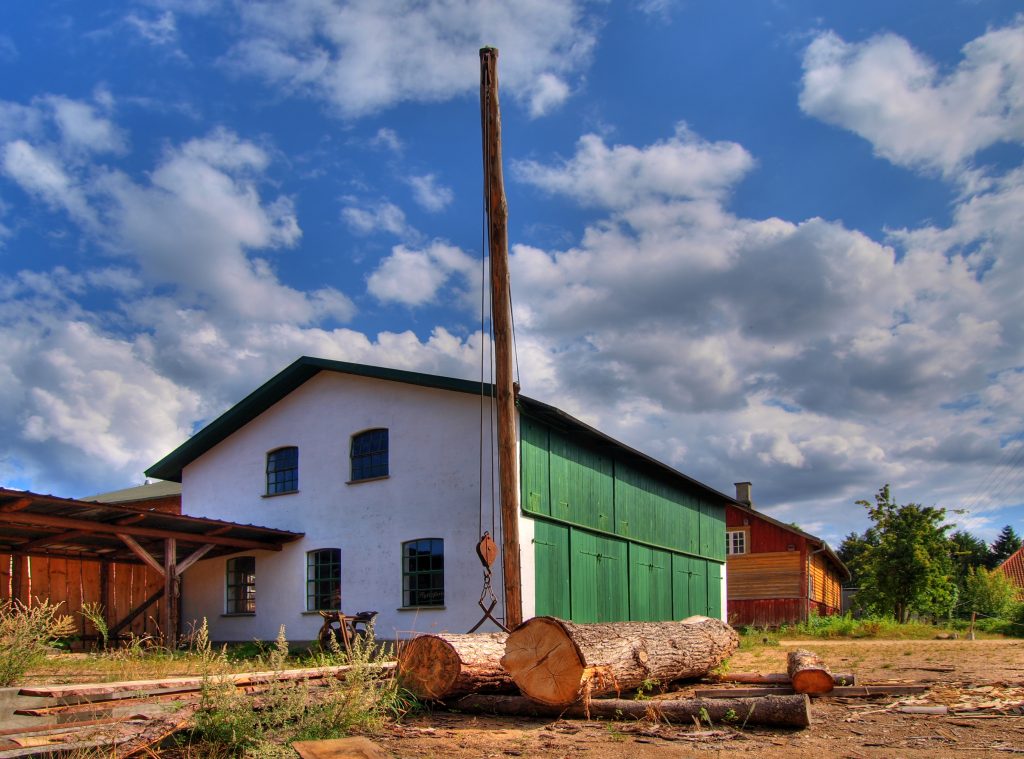 Has your business sought to avoid litigation over its insured business activities by negotiating an out of court settlement? Louisiana business Meyers Warehouse, Inc. (“Meyers) pursued this route assuming its insurer, Canal Indemnity Company (“Canal”), would join Meyers in settlement negotiations. However, to its surprise, Canal refused to participate in Meyers’s defense. Unfortunately for Meyers, it misinterpreted key terms within its insurance policy specifying when Canal’s duty to defend it against claims and lawsuits arises.
Has your business sought to avoid litigation over its insured business activities by negotiating an out of court settlement? Louisiana business Meyers Warehouse, Inc. (“Meyers) pursued this route assuming its insurer, Canal Indemnity Company (“Canal”), would join Meyers in settlement negotiations. However, to its surprise, Canal refused to participate in Meyers’s defense. Unfortunately for Meyers, it misinterpreted key terms within its insurance policy specifying when Canal’s duty to defend it against claims and lawsuits arises.
Meyers is the owner and operator of several trucks, trailers, and trucking operations in Louisiana. Like many businesses, it purchased insurance coverage to protect against liabilities stemming from core business activities. In November 2011, Meyers received notification that one of its shipments contained contaminated liquid sugar. The contamination caused significant damage to the client’s production line.
Meyers and the client reached a settlement agreement in lieu of pursuing litigation. The agreement transferred the liability for damages to the third party contractor responsible for cleaning Meyers’s tankers. Canal was not involved in the negotiation process. Meyers filed its lawsuit against Canal because Canal refused to participate in Meyers’s defense during the settlement negotiations arising out of the November 2011 notification. The primary dispute between the parties was whether or not Canal had a duty to defend Meyers during the settlement negotiations even though no lawsuit against Meyers was ever filed.
 Louisiana Personal Injury Lawyer Blog
Louisiana Personal Injury Lawyer Blog


 Car accidents are among the most common reasons for a lawsuit. An average car accident is often difficult to conclude which party is at fault. Issues are further complicated if insurance claims are involved. Who is truly at fault for the accident if a vehicle malfunctioned? A trial becomes increasingly complex if a Plaintiff claims that a company is at fault for his injuries. Specific elements are required for a successful trial.
Car accidents are among the most common reasons for a lawsuit. An average car accident is often difficult to conclude which party is at fault. Issues are further complicated if insurance claims are involved. Who is truly at fault for the accident if a vehicle malfunctioned? A trial becomes increasingly complex if a Plaintiff claims that a company is at fault for his injuries. Specific elements are required for a successful trial.  Accidents occur in daily life. Often, severe injuries result. However, prison accidents rarely are discussed. Prisoners who are victims of accidents while serving time are often provided with the same legal protections as an average person.
Accidents occur in daily life. Often, severe injuries result. However, prison accidents rarely are discussed. Prisoners who are victims of accidents while serving time are often provided with the same legal protections as an average person. 
 Recently, the Louisiana Fifth Circuit Court of Appeals increased a trial court’s award of damages to a plaintiff in a negligence action against Walgreens. Negligence involves showing the court that one person (or company) failed to do their duty—and as a result, someone was hurt. In this case, Peggy Williams asked her son Derrick to pick up a medication for her from the Walgreens pharmacy in Gretna. Walgreens’ pharmacist handed Derrick another person’s medication, and Ms. Williams took the pills without noticing the mistake. As a result, she suffered several strokes and long-term loss of physical capacity. The jury found that Ms. Williams and her son were 40% at fault, and that Walgreens was 60% at fault for the harms Ms. Williams suffered.
Recently, the Louisiana Fifth Circuit Court of Appeals increased a trial court’s award of damages to a plaintiff in a negligence action against Walgreens. Negligence involves showing the court that one person (or company) failed to do their duty—and as a result, someone was hurt. In this case, Peggy Williams asked her son Derrick to pick up a medication for her from the Walgreens pharmacy in Gretna. Walgreens’ pharmacist handed Derrick another person’s medication, and Ms. Williams took the pills without noticing the mistake. As a result, she suffered several strokes and long-term loss of physical capacity. The jury found that Ms. Williams and her son were 40% at fault, and that Walgreens was 60% at fault for the harms Ms. Williams suffered. Many people have nightmares of falling and nobody being there to catch them. For Tommie Hebert, that nightmare became a reality when he fell from a moving helicopter, landing directly on his back, causing severe injuries such as a broken back and a damaged hip that would likely require replacement. To make matters worse, the company he worked for, Industrial, was not there to catch him.
Many people have nightmares of falling and nobody being there to catch them. For Tommie Hebert, that nightmare became a reality when he fell from a moving helicopter, landing directly on his back, causing severe injuries such as a broken back and a damaged hip that would likely require replacement. To make matters worse, the company he worked for, Industrial, was not there to catch him. If you are injured while at work, there are many paths that you may take for financial relief. The path that you choose along with how you navigate that path will be a decision that will affect you for the rest of your life. The following case out of Tangipahoa parish demonstrates why it is necessary in workers compensation cases to comply with certain orders and if you don’t why objections to rulings based on your lack of responses will not be considered.
If you are injured while at work, there are many paths that you may take for financial relief. The path that you choose along with how you navigate that path will be a decision that will affect you for the rest of your life. The following case out of Tangipahoa parish demonstrates why it is necessary in workers compensation cases to comply with certain orders and if you don’t why objections to rulings based on your lack of responses will not be considered.